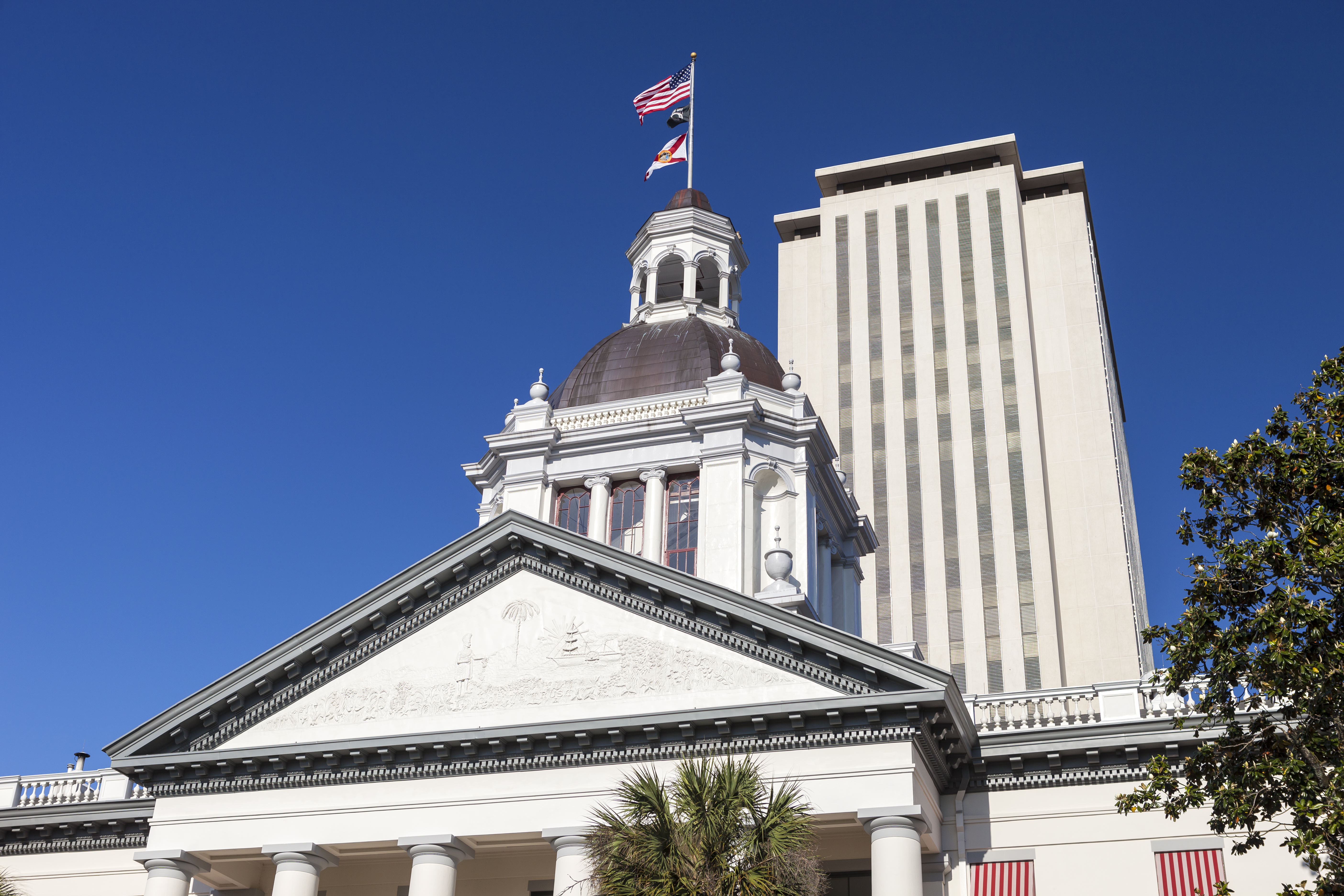AARP Hearing Center
Much has happened since the Florida Legislature adjourned in March 2020. But AARP Florida is making it easier for you to track down how your state lawmakers voted on key issues important to older Floridians in the 2020 legislative regular session.

AARP Florida has released its ninth annual Legislative Voting Record, providing detailed, vote-by-vote information on key legislation in the 2020 session. During the session, AARP alerted lawmakers that all votes on some legislation would be recorded and published in the 2020 Voting Record. And because key legislative decisions often occur at several stages during the long process of legislative consideration of a bill, the voting record tracks legislative committees’ actions as well as final House and Senate votes.
“To hold your state House or Senate member accountable, you need to know how they voted on key issues,” AARP Florida State Director Jeff Johnson said. “AARP Florida’s Legislative Voting Record makes it easy for you to track legislators’ decisions at each major stage of the legislative process on key issues that matter to older Floridians.”
View the AARP Florida 2020 legislative voting record.
The voting record details how legislators voted on such issues as:
- Reforming elder care systems: Working with bipartisan support and stakeholders across the care continuum, AARP Florida supported HB 1373, by Rep. Jennifer Webb, D-Gulfport. That legislation streamlines assessment procedures for people placed on waiting lists for long-term-care services and permits community providers to appeal some placements by Adult Protective Services. The same measure was sponsored in the state Senate by Sen. Ben Albritton, R-Bartow, as SB 1544.]
The legislation was the first step in a multi-year effort by the Coalition for Silver Solutions to improve the care of millions of older Floridians who live in nursing homes and assisted living facilities and older and adult disabled persons who live independently with help from family caregivers and community-based services. The coalition includes AARP Florida, the Florida Health Care Association (representing a large share of the for-profit skilled-nursing centers in the state); LeadingAge Florida, which represents the full continuum of senior care facilities and services; and 1199SEIU United Healthcare Workers East, the nation’s largest healthcare union representing 24,000 front-line healthcare staff in Florida nursing homes and hospitals formed the unique ad-hoc Coalition for Silver Solutions.
- Affordable housing: As part of the Sadowski Coalition of affordable-housing advocates, AARP Florida helped secure $340 million to fund Florida’s affordable housing initiatives statewide in 2020. It was the first time since 2003 that lawmakers did not divert the funding – financed by taxes on mortgages, deeds and other official documents needed for real-estate transactions – from the affordable housing trust fund to other projects. Gov. Ron DeSantis vetoed $225 million of the funding – but has promised to commit $250 million in funding from federal aid to help the state recover from the COVID-19 pandemic to affordable housing for individuals affected by the pandemic. Affordable-housing programs could end up with more funding in the end, though details remain to be worked out.
- Guardianship: AARP supported CS/CS/SB 994, by Sen. Kathleen Passidomo, R-Naples, and its companion measure, HB 709 by Rep. Colleen Burton, R-Lakeland. The bill is the latest in a multi-year series of reforms championed by Sen. Passidomo to improve regulation over professional guardians. The 2020 legislation toughed regulations over how guardians may obtain Do Not Resuscitate orders for wards and beefed up oversight of guardians by the Statewide Public Guardianship Office in the Department of Elder Affairs.
- Budget: AARP Florida fought for and helped obtain significant new funding for elder care, both for home- and community-based services and for elder-care facility reimbursement. Lawmakers provided about $4.2 million in additional funding for the state’s Community Care for the Elderly program, which provides services to help older Floridians remain in their homes and communities. The Home Care for the Elderly program received an additional $600,000. The Alzheimer’s Disease Initiative received about $2.8 million. In all, the budget increases for home- and community-based services will provide services to an additional 900 older Floridians. As of March, more than 78,000 older Floridians remain on a state waiting list for home- and community-based services.
- An additional $74 million went to for-profit and nonprofit skilled nursing facilities, their first increase in basic reimbursement in several years. The reimbursement increase will continue through September 2023.































































